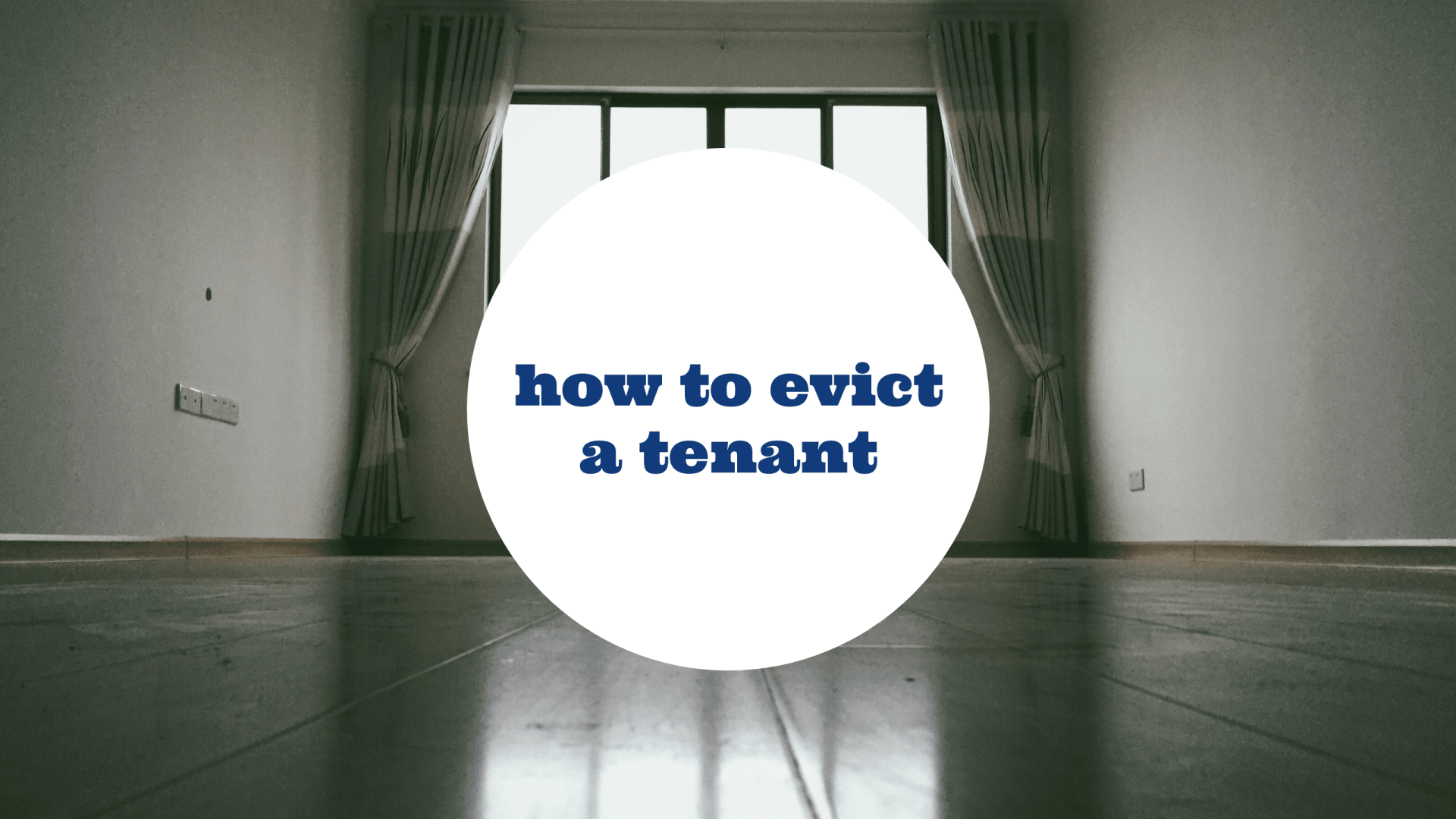Evicting a tenant in Cleveland is not terribly costly or time-consuming; for most landlords, it takes about a month to remove a tenant from the property. However, you have to make sure you follow all the legal steps and complete the eviction properly. Otherwise, your eviction will be tossed out and you’ll have to start over, extending the amount of time that you’re losing money.
We always recommend you get help from a professional, whether it’s an experienced real estate attorney or a professional property management company in Cleveland.
Landlords can evict for a breach of the lease or if illegal activities are occurring in the property. The most common reason to evict, however, is nonpayment of rent. If your tenant has not paid rent, you need to take the following steps to regain possession of your property.
Serve a Three Day Notice
The first step in any eviction process is to serve your tenants with a Three Day Notice to Leave Premises. This officially informs them that rent is late, and they have three business days to move out of the property. This is an unconditional quit notice; many times, tenants will pay the rent within those few days to avoid having to move out. However, you are under no legal obligation to accept that rent. Once it’s late, you can stick to the process and have the tenants evicted.
There is a specific language that you need to include in this notice. Make sure it’s exactly right, and be sure you post the notice to the door or serve it to your tenants in person.
Filing the Eviction in Court
After three full business days have passed, you can go to the courthouse and file the official eviction paperwork. You’ll need to pay a filing fee, and you’ll also arrange for the Summons and Complaint to be served to your tenants by the sheriff or other court officer. This notice will let the tenants know that they are being evicted, and they’ll be provided with a court date for the hearing.
Sometimes, your tenants won’t respond or show up on the date of the hearing. In that case, you’ll get a default judgment of eviction. If they do show up, most courts will grant them a period of time to move out. The continuance will rarely be for more than a week. Once you are awarded a Writ of Restitution, your tenants will have seven to ten days to vacate the property before they are physically removed by the sheriff.
Requesting a Set-Out
If your tenants are still in the property after those days have passed, you can contact the court and they will send the sheriff’s department to remove the tenants. It may take a few days for the sheriff to be available, but once the set-out is scheduled, make sure you are there with a locksmith and some people to move out any tenant belongings that are left inside.
 Evictions can be frustrating and emotional. It’s important to follow the legal procedure and not resort to desperate tactics such as changing the locks on your own or turning off the water. You must follow the legal process and be patient.
Evictions can be frustrating and emotional. It’s important to follow the legal procedure and not resort to desperate tactics such as changing the locks on your own or turning off the water. You must follow the legal process and be patient.
If you have any questions about avoiding or working through evictions, please contact us at RE/MAX Haven. We can help you avoid bad tenants and potential eviction situations.







